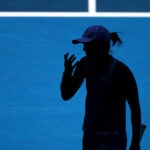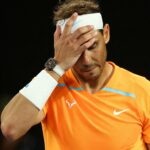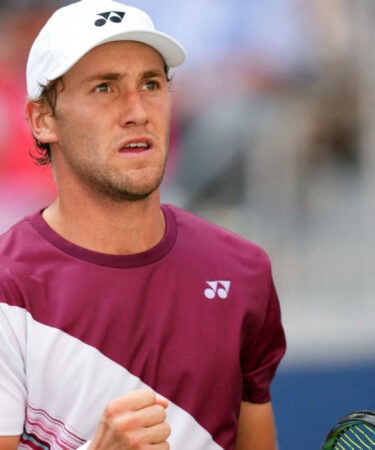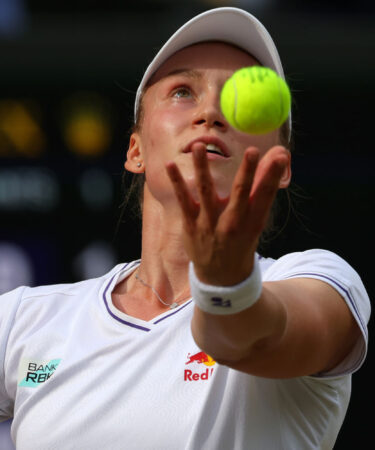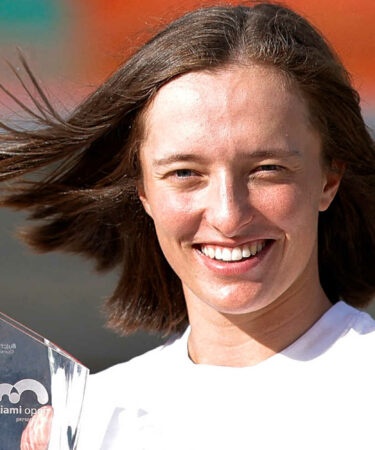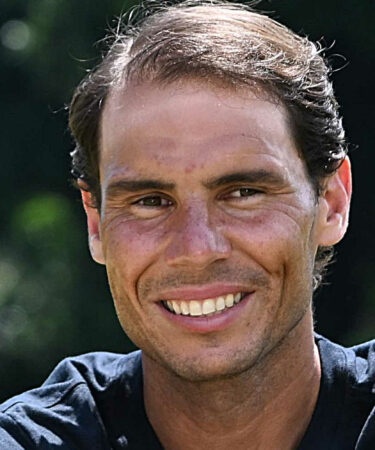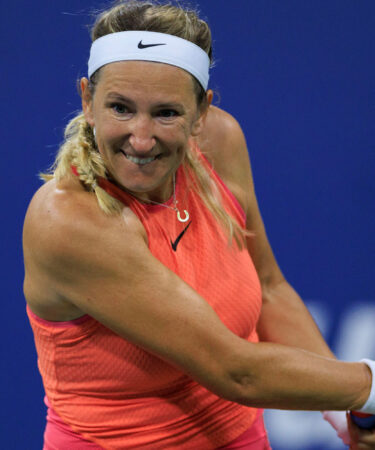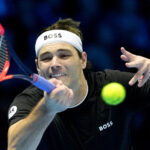Swiatek defeat merely confirms the era of consistent domination is over, for now
Defeats for the top two seeds in the men’s and women’s draws before the quarter-finals – for the first time in Open era Grand Slam history – is a clear signal that the days of anyone dominating are over, for now
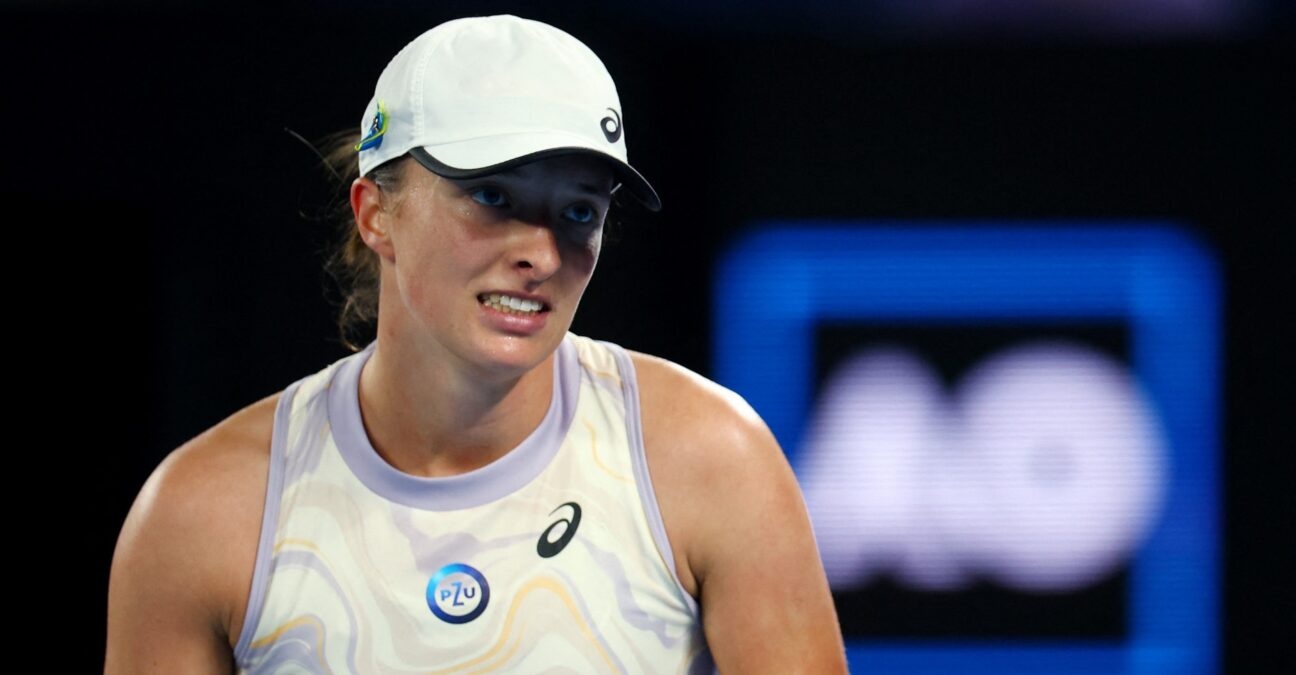 Iga Swiatek, Australian Open 2023 – © AI / Reuters / Panoramic
Iga Swiatek, Australian Open 2023 – © AI / Reuters / Panoramic
Welcome to the age of transition. This is the first Grand Slam event since the retirement of Roger Federer and the seeming retirement of Serena Williams and the effect is already clear for everyone to see.
The domination of the men’s Grand Slams by the big three of Federer, Rafael Nadal and Novak Djokovic has been such that we’ve almost forgotten what it’s like to have doubt and insecurity at the top of the sport.
Likewise Serena, whose 23 Grand Slam victories came over an 18-year-period, when she won 23 of 77 Grand Slam titles, almost one in three.
The defeat of Nadal (affected by a hip injury) and Casper Ruud on the men’s side and of Iga Swiatek (on Sunday) and Ons Jabeur earlier, the top two seeds in each of the men’s and women’s events are out before the quarter-finals of a slam for the first time in Open era history.
Big guns showing vulnerability, for once
It’s a remarkable stat but on closer inspection, not so remarkable on the men’s side, at least. Nadal was badly affected by injuries in the second half of 2022 and though he came into this year’s Australian Open as the defending champion, he did so with a run of defeats that knocked his confidence.
Ruud had a fantastic year to finish as the No 2 but he was beaten by Jenson Brooksby, one of many Americans capable of big wins at any moment.
With world No. 1 Carlos Alcaraz missing through injury, Novak Djokovic struggling with a hamstring problem and Daniil Medvedev already out, there could well be a new Grand Slam winner on the men’s side. And unless Victoria Azarenka wins the title for the third time – but first since 2013, then there’ll be a new one on the women’s side too.
Swiatek’s loss the biggest shock
Ons Jabeur’s defeat by Marketa Vondrousova was a big shock, although Jabeur had her knee strapped right from the start of the event. But it was the defeat of Iga Swiatek by Elena Rybakina which took everyone by surprise.
Swiatek won the French Open and US Open in style last year and picked up six other titles as she finished the year ranked world No 1, streets ahead of the rest.
The Pole looked unusually vulnerable in the first couple of rounds, even if the scoreline didn’t show it and the way she admitted afterwards that it had been a difficult couple of weeks tells a story of its own. Against Rybakina, she looked stressed and never found a way to trouble-shoot and problem-solve. But then, Rybakina is the Wimbledon champion and has already proven her class.
“I felt today that I don’t have that much to to take from myself to fight even more,” she said. “I felt like I took a step back in terms of how I approach these tournaments, and I maybe wanted it a little bit too hard. So I’m going to try to chill out a little bit more. That’s all.
This is still not quite the carnage of 2002
But this is not quite 2002 on the men’s side just yet. That was the year when the top two seeds went out in round one, only one of the top eight made it to the quarter-finals and Thomas Johansson, seeded No. 16, won the title. While Djokovic is still there, we can’t talk about carnage.
Women’s No 3 Jessica Pegula looks strong and though Swiatek and Jabeur are out, the Pole lost to the Wimbledon champion in Rybakina, which could happen on any surface, other than clay. Jelena Ostapenko’s win over Coco Gauff was a surprise but everyone knows what Ostapenko can do when she gets on a roll and Gauff is still only 18. The Latvian is a former French Open champion, after all.
So we’re in transition and these kind of scenarios might be more common in the next year or two as the new names at the top battle for consistency and dominance, especially on the men’s side. Swiatek, meanwhile, will bounce back, just as she did after an early exit at Wimbledon, to win the US Open. Likewise, Jabeur, who is too good not to go deep in the slams these days.
But the days of domination on the men’s Tour and women’s Tour are gone, for now. We just need to get used to it.
